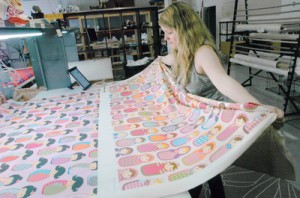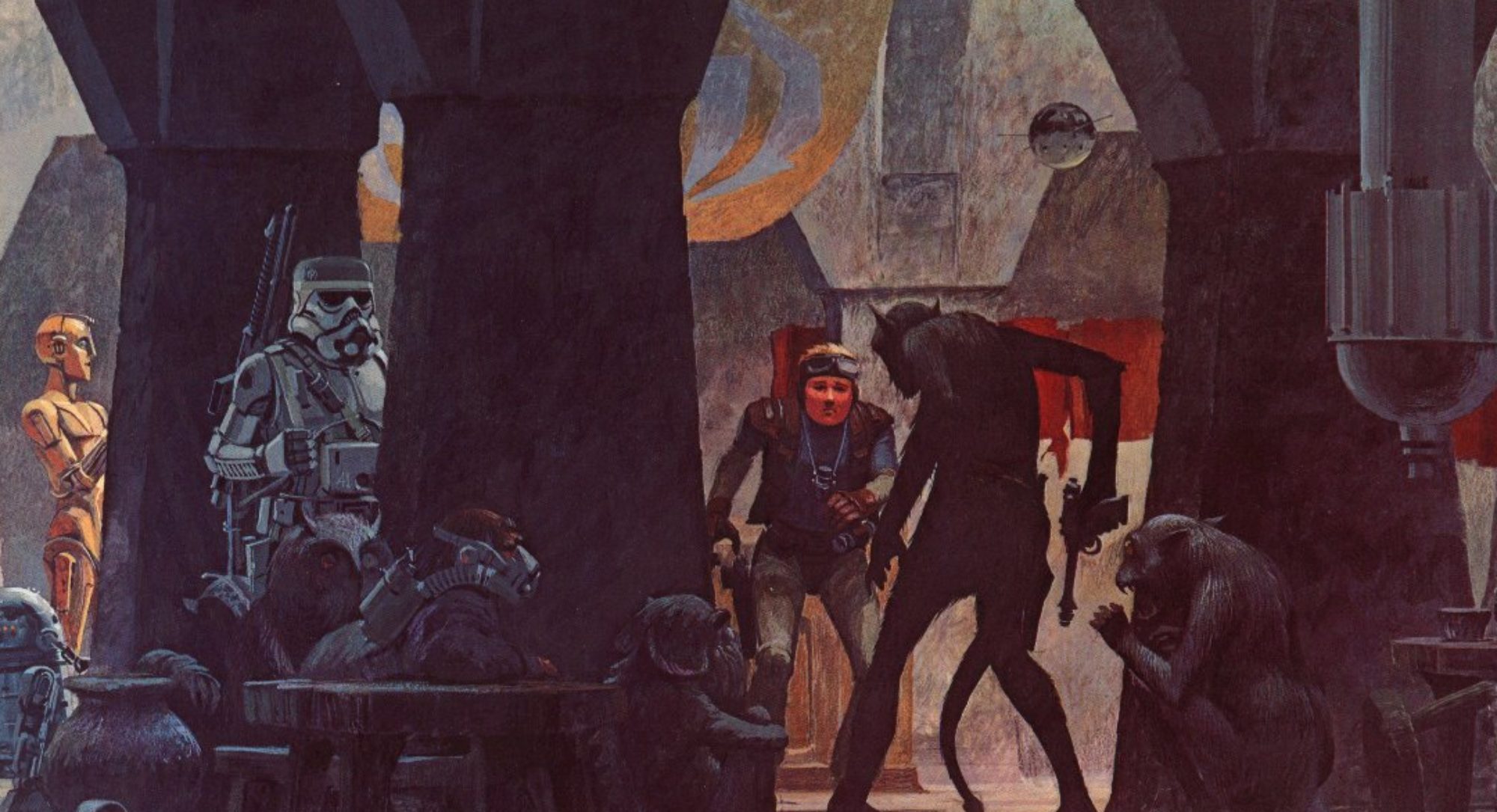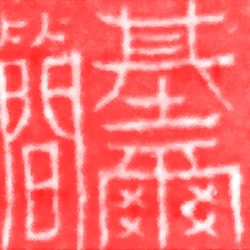 Going a bit outside the box on this entry. When we talk about Insurgent Creatives, we’re usually focusing on writers, artists, musicians… but what about clothing and textile designers? Today, we take a look at Spoonflower.
Going a bit outside the box on this entry. When we talk about Insurgent Creatives, we’re usually focusing on writers, artists, musicians… but what about clothing and textile designers? Today, we take a look at Spoonflower.
Spoonflower is a service that started in 2008 and offers digital printing of fabric, allowing designers to create and order custom fabrics for use in the making of curtains, quilts, clothes, bags, furniture, dolls, pillows, framed artwork, costumes, banners or whatever else they can think of. They offer different fabric stock (quilting-weight, upholstery-weight, and organic cotton sateen) at different prices, and print up to 5 yard lengths at a time (although you can order multiple 5y lengths). They take your digital file (JPG, PNG, GIF, TIF, SVG, AI and EPS format), at a minimum resolution of 150dpi and a maximum file size of 40mb, and run the blank cloth through an inkjet printer (which produces finer detail than screen printing of fabric is capable of).
Here’s a video made by the North Carolina Arts Council about Spoonflower:
 In addition to producing custom fabric for designers, Spoonflower also serves as a marketplace for designers to sell their fabrics, although this is largely an afterthought: Designers only earn a 10% royalty on sales of yardage of their fabrics. So the focus of the site for designers, really, is for the production of custom fabric for use in your designs — which you then must sell through other means, whether on your own site, or craft storefronts like Etsy.
In addition to producing custom fabric for designers, Spoonflower also serves as a marketplace for designers to sell their fabrics, although this is largely an afterthought: Designers only earn a 10% royalty on sales of yardage of their fabrics. So the focus of the site for designers, really, is for the production of custom fabric for use in your designs — which you then must sell through other means, whether on your own site, or craft storefronts like Etsy.
For an example of an Insurgent Creative using Spoonflower as a major tool in their business, check out the dice bags produced by Lyndsay Peters at Dragon Chow Dice Bags, who has turned her custom designs into an Award-nominated successful business.
Storm the gates!



Spoonflower is awesome and they make a great product. I also love the fact that they have reclaimed some of North Carolina’s textile heritage, which as an industrial concern is effectively dead outside of certain specialty processes.